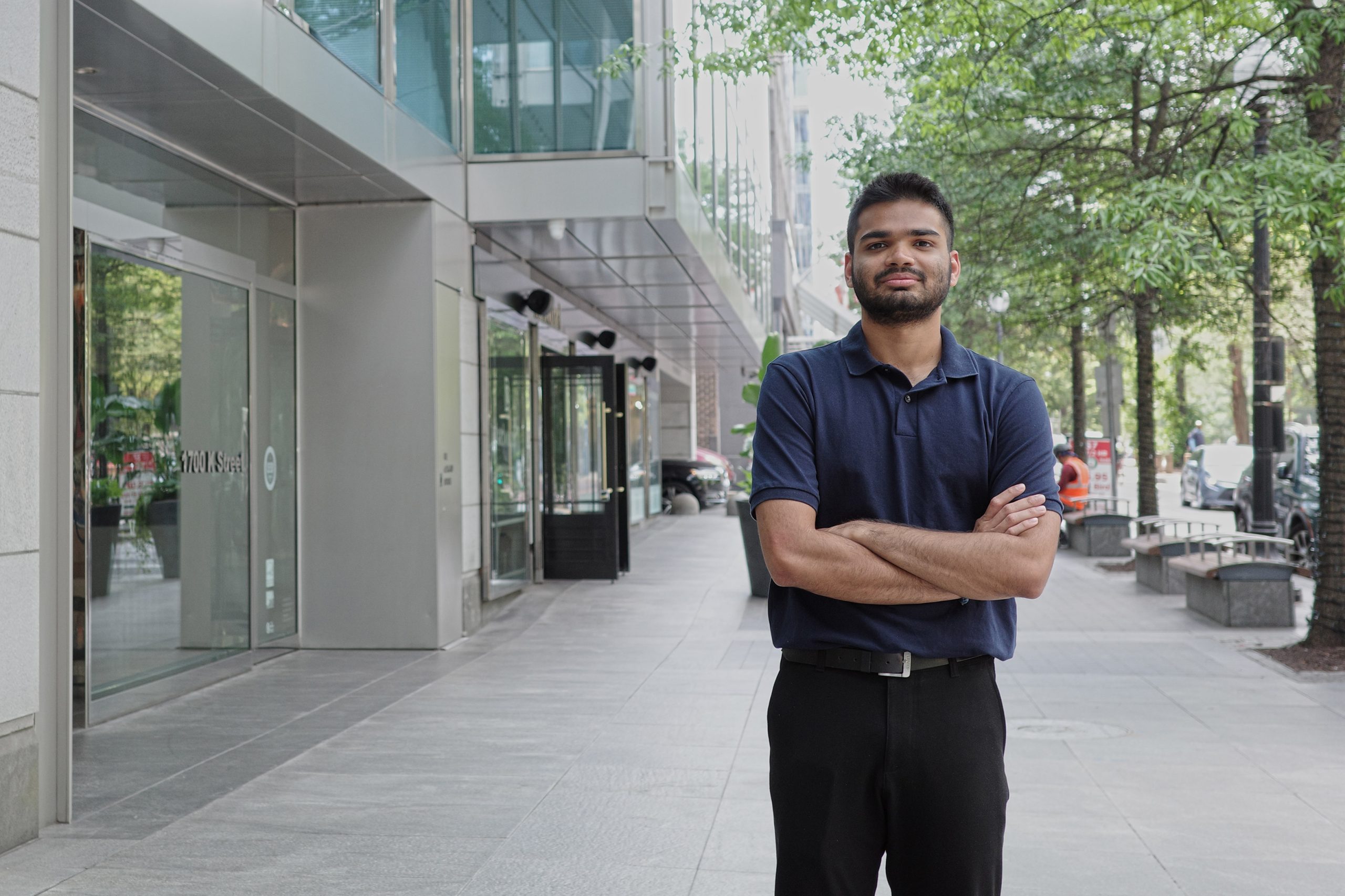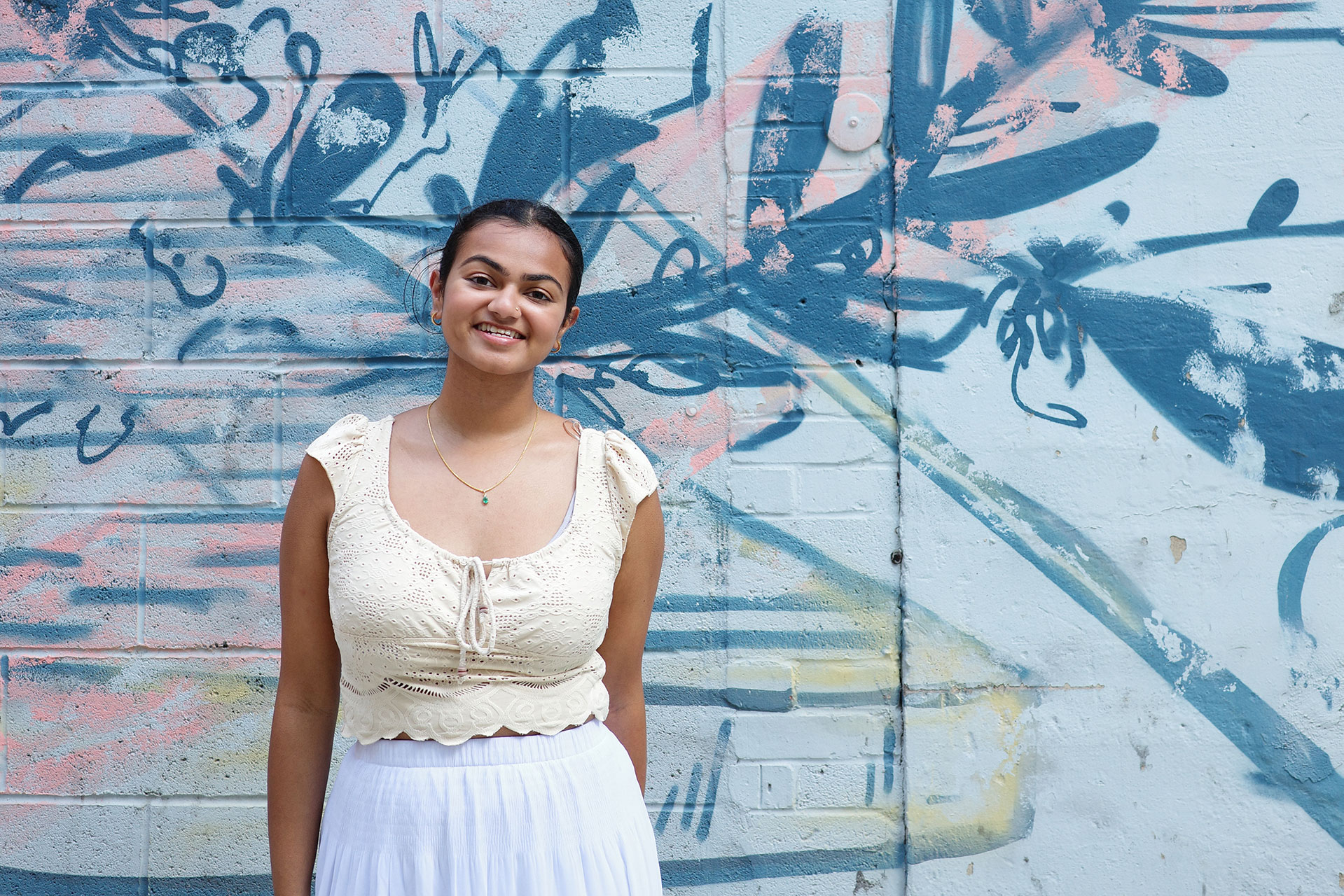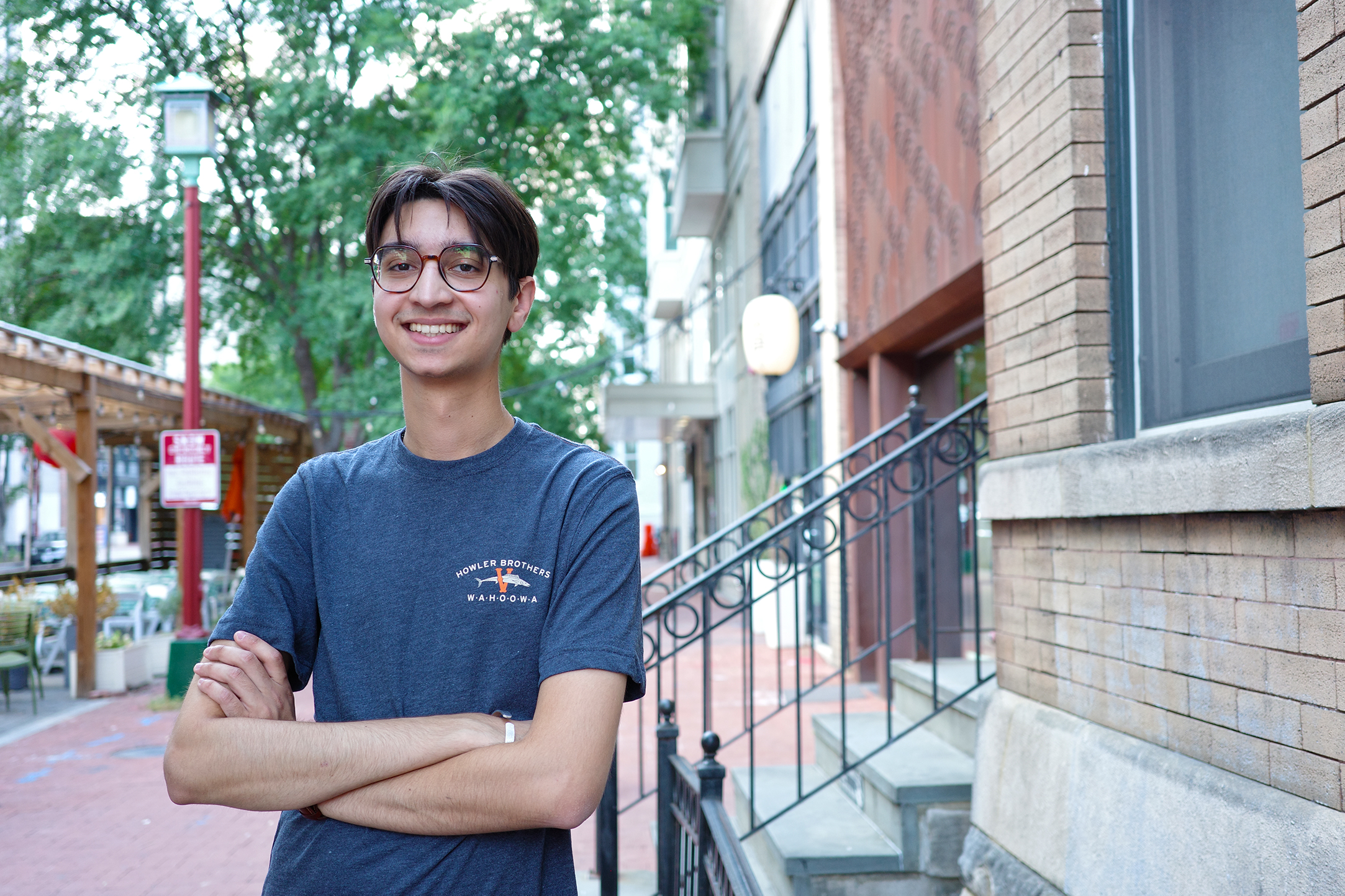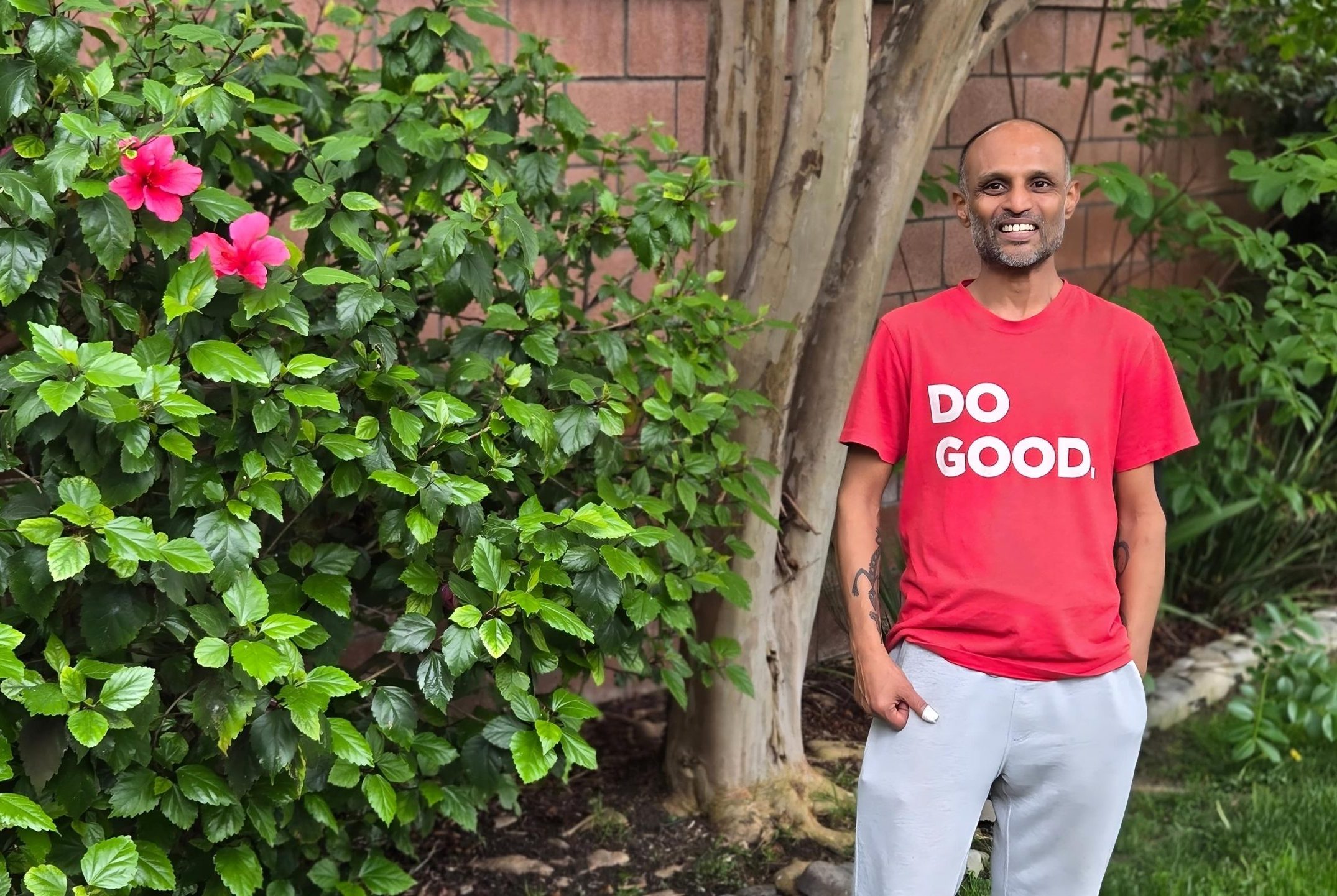While I was born in the U.S. and lived there for a few years with my parents and sister, much of my early childhood unfolded as a “transplant” in Hyderabad, Telangana. Fortunately, I wasn’t alone in that experience. When my family moved back to India, many of the families in our apartment complex had also returned for similar reasons to be closer to relatives. We shared the same culture shock, and that sense of shared familiarity made the transition easier. School, however, was a different story. There were only a few other students like me. But that difference gave me the chance to interact with peers from across India and from different faiths. Home and school together gave me the rare opportunity to grow up alongside a truly diverse group of people.
For me, community was something that developed over time. When I was twelve, my family moved to Mumbai and it was here that I started to feel a greater sense of community built on different characteristics of age, interest, ethnicity, and mother-tongue. At twelve, I had just enough self-awareness to recognize what it meant to feel like I belonged. I could travel independently, spend time with friends, and participate more fully in community life. It became easier to say that Mumbai was “my city.”
In early years, connections were built on simple things like shared humor. But as I grew older, the feeling of community deepened, shaped more by shared values like ethics, kindness, and curiosity, even if our politics or academic interests differed
Though the area I lived in was predominantly Hindu, school and my ability to explore the city meant I made friends from all faiths: Sikhs, Christians, Hindus, Muslims. We may have faced different struggles while living in the same city, but religion never became a dividing factor. It never defined our belonging to Mumbai.
One of my closest friends back home is Aliana, who is Christian. Although we lived in different parts of the city and attended different schools, we’ve been close since high school. Over the pandemic, we grew even closer and found that our friendship grew even stronger overseas. Now, at university, I have several more friends from different faiths: Buddhists, Christians, and Muslims, and I’ve never felt like religion plays a role in whether or not those relationships form. One of my closest friends at George Washington University is Aroma, who is also Christian. She’s celebrated my wins, stood by me through difficult moments, and supported me in ways that go far beyond any one act. Her friendship reminds me that sometimes, just showing up consistently is the most meaningful act of kindness.
That said, figuring out how to label “who I am” has always been complicated. I grew up in India but held an American passport thus making me never 100% state-recognized Indian and never 100% culturally-American. When I moved back to the US after more than a decade in India, I experienced a reverse culture shock, much like the one I’d felt moving to India as a child. For a long time, I struggled with identity labels. Eventually, I let go of the idea that a passport or any single category could define me. No one is ever 100% anything. India will always be home to me, yet I feel deeply connected to issues in America too. Once I stopped seeing the grey area of my identity as a limitation, and instead saw it as a tool, I realized how powerful it is to have a stake in, and perspective on, two countries at once.
That dual identity allows me to take a more critical view of the political direction India is heading. I’ve always been wary of the entanglement of politics and religion, which is why the rise of Hindu nationalism in India concerns me deeply. Although I was born into a Hindu family, religion feels arbitrary to me. Faith is deeply personal and not trivial, but it should never be used as a weapon to divide or incite hatred. Religion often ends up being an excuse for conflict, hiding the real historical, colonial, social or economic cause behind strife.
I speak out against harmful narratives and conspiracy theories that target minorities. Baseless claims such as “spit jihad” or “population jihad,” sometimes even repeated by my own relatives, circulate without evidence or logic, yet still manage to seep into public discourse. When I encounter these ideas, I try to push back with facts and for greater understanding of the communities being targeted. As India and the U.S. both grapple with increasing polarization, I’m deeply concerned about the erosion of individual rights. In majoritarian democracies, it becomes far too easy to sacrifice those rights when the majority is mobilized along religious or ethnic lines.
For India, I truly worry about the Hindu nationalist direction of politics and more generally, the widespread indifference towards the violation of human rights by the government, whether it comes to migrants or even its own citizens. My ideal vision for India centers on restoring and preserving its secular foundation. I believe deeply in the resilience of Indian democracy. True secularism in India means treating all religions equally and hopefully, moving toward a future where politics is no longer divided along religious lines, and interfaith relations are less polarized.
Your opinions and conversations with others are powerful. Having those uncomfortable dialogues with family back home, and bringing more facts into the discussion, can spark real change.




